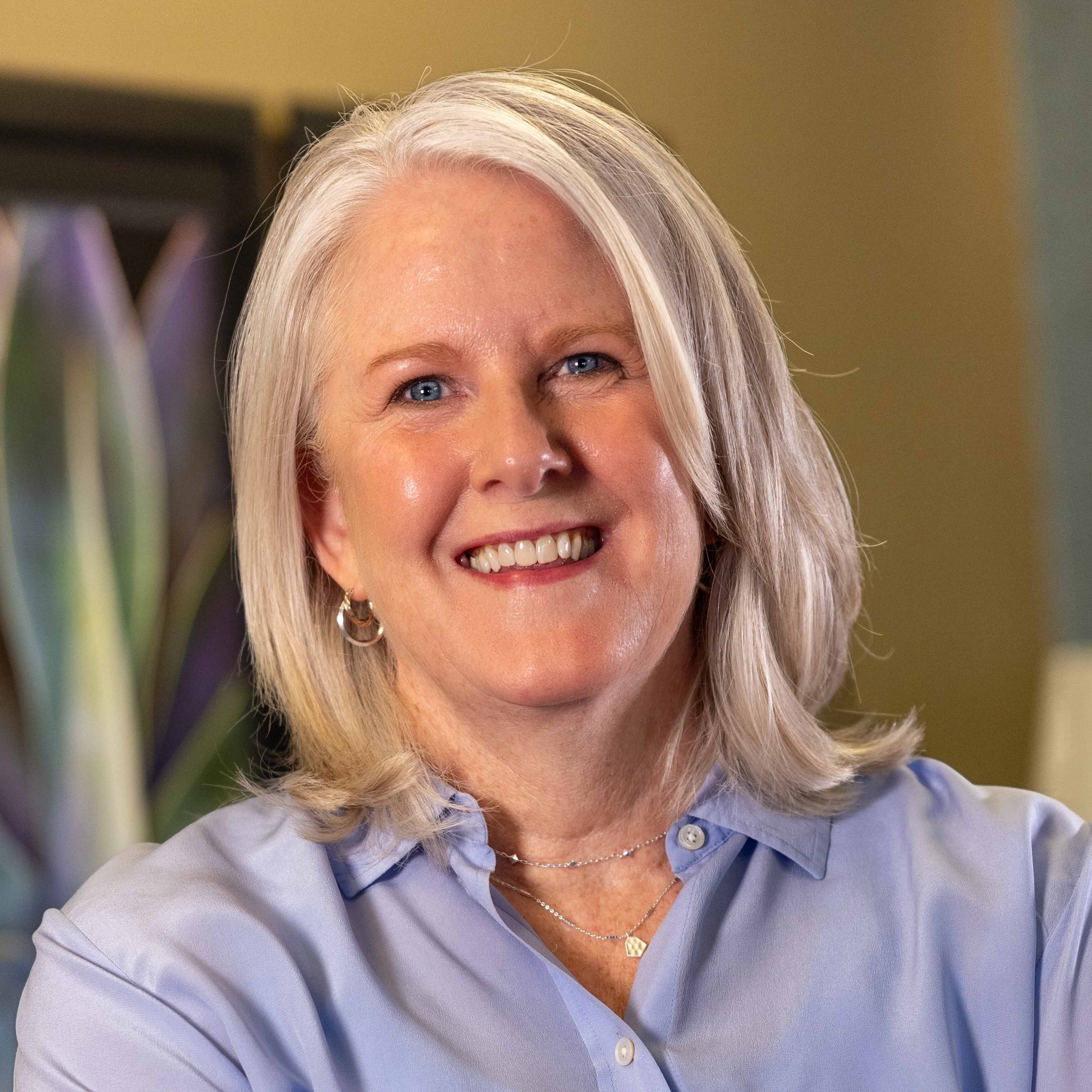I was at a conference learning about the ins and outs of Social Security when the presenter said with what seemed like glee, “And I just found out my ex-husband has cancer!” Upon clarifying, I realized she didn’t seem to wish her ex-husband ill but that she would have enhanced options on how to take her Social Security if her ex passed away.
Retirement planning for single people and for couples can be similar. Common questions include: How much do I need to save each month for retirement? How should I invest? When can I retire?
But, there can be a few notable differences between single retirement planning and couples retirement planning. As a wealth manager with Birchwood Financial Partners, we help people plan for and successfully retire. So here are some things for singles to be mindful of with their retirement planning.
It's On You
Unless there is a guaranteed inheritance, planning and investing for retirement is on you, and your success relies on your preparation. On the other hand, you also get to decide when and where to retire and with what lifestyle—no need to compromise with a partner. Essentially you get to do what you want, given your resources.
Create And Update A Plan
We’ve met countless people nervous about retirement. And a great way to deal with that is to put a plan together so you can model and envision your retirement. Our strategy is to craft a plan together, model probable outcomes, and show people how they can enhance their plan with adjustments. Once a person sees how the plan will work, most people will become more comfortable with the financial aspects of retirement. For single people, since it is only them contributing to the retirement plan, it makes sense to get started early and check-in with the plan along the way.
Establish and Maintain an Emergency Fund
Since you may not have a backup, establish an emergency fund so you will be ready if you lose your job or need to replace a bunch of appliances all at once. While working, consider having a cash stash equal to 3-6 months worth of expenses. Since there is likely only one income stream, work toward getting to a six-month emergency fund to give yourself more cushion.
When retired, the size of your emergency fund might depend on your guaranteed income stream. Suppose you have Social Security and a pension that equals your monthly expenses. In that case, your emergency fund might need to cover a couple months of expenses and replacing some, not all, appliances.
If your expenses are much higher than your fixed income, 6-12 months of expenses in cash might be more comfortable, depending on your risk tolerance. This emergency fund will help you weather the ups and downs of the stock market, and it may allow you to reduce withdrawals from securities when the market is down.
Consider Housing
My family has four sisters, and we always joked we would be like the Golden Girls together. It’s not a bad way to go; if money is tight, getting a place with family or friends might be something to consider. Even if money is plentiful, that may still seem attractive. You may be able to afford a nicer place together or simply enjoy the sense of community.
There is a new trend called co-housing, an intentional community of private homes clustered around a shared space. The spaces could be smaller (hence saving money) with community spaces that might include gardening, parking, parks, and walkways. Some communities also get into sharing tools and lawn mowers. CohoUS is a nonprofit that assists the formation of co-housing and could be a great place to start looking into the concept.
Create an Aging Plan
It’s no secret our population is aging. A lot of us may need help as we get older. Creating a care plan could help ensure a person receives the care they need. First, consider who might help you. Children? Nieces or nephews? Social worker? Church members? Will you try to stay at home? Move to a retirement center or assisted living? Who will help you make those decisions? Some people may rely on relatives, while others might consider Long Term Care insurance. Most long-term care insurance policies come with a care coordinator that can help them with those decisions when the time comes. AgingCare has a great downloadable guide to creating a care plan.
Keep Your Estate Plan Up to Date
Your estate plan includes your will and indicates who gets what after you pass away. Estate plans also contain documents that may be important when you are still alive.
A Power of Attorney names the person who can help you with your finances if you cannot manage them yourself.
A Health Care Directive is a document that lays out what kind of health care and end-of-life measures you may want if you cannot speak for yourself. This document names a healthcare agent authorized to speak for you and make health care decisions on your behalf.
You will want to appoint trusted people to these roles and let them know your wishes. You will also want to keep your documents up to date as things change. Our Estate Planning Getting Organized Guide helps you get started.
Be Strategic About Fixed Income
Pension:
If you have a pension, your payout will be higher when you choose single life than if you choose joint life. This choice is where you have an edge on your married counterparts, who often take a lower joint payout.
Social Security:
If you have never been married, then Social Security is straightforward, and the choice is about when to start your Social Security. For many people, starting at their Full Retirement Age (FRA) or later will make sense. If you start receiving benefits early, your benefits are reduced a small percentage each month before your FRA. After reaching Social Security FRA, you might consider delaying until age 70.
Each year you delay from FRA to 70, your Social Security check will go up 8% per year. Waiting can be especially impactful if you have longevity in your family. Each year Social Security will go up with the cost of living. And when the cost of living increases on a higher payout, the difference in later years can be pretty large. Whether delaying Social Security makes sense depends on when you retire and your other resources. A Financial Planner can guide you in making this decision.
If you are a widow or widower (and were married for at least nine months), you could choose to start Survivor Social Security while delaying your own. Survivor Social Security will allow you to receive income while delaying your own Social Security to receive the 8% annual increase from FRA to age 70. With this strategy, you could also start your own and switch to your late spouse’s Social Security later, but there will be no increase beyond FRA. A Financial Planner and a Social Security agent could help you determine the best way. You may find our financial planning resource specifically for widows helpful.
If you are divorced and your marriage lasted longer than ten years and you are unmarried or widowed, you can receive benefits based on your ex-spouse's benefit. If your ex-spouse qualifies to start Social Security, you can receive either your benefit or half of your ex-spouse’s benefit, whichever is higher. If you begin before FRA, you will receive a reduced payout. You do not have to wait for your ex-spouse to start Social Security.
Remember that conference I attended where the presenter seemed excited about her ex-spouses pending demise? If your ex-spouse dies and you were married to them for at least ten years, then you could qualify for widow or widower benefit, and instead of getting half their Social Security you could receive the whole amount. (Adjusted for the age you start taking it). What you receive will depend on what your Social Security is versus your ex-spouse’s, as well as when you start Social Security.
Creating a retirement plan that includes goal planning, housing, aging, and your estate plan will go a long way toward setting yourself up for success. Top it off with optimal Social Security timing, and you can make the most of your retirement options.




